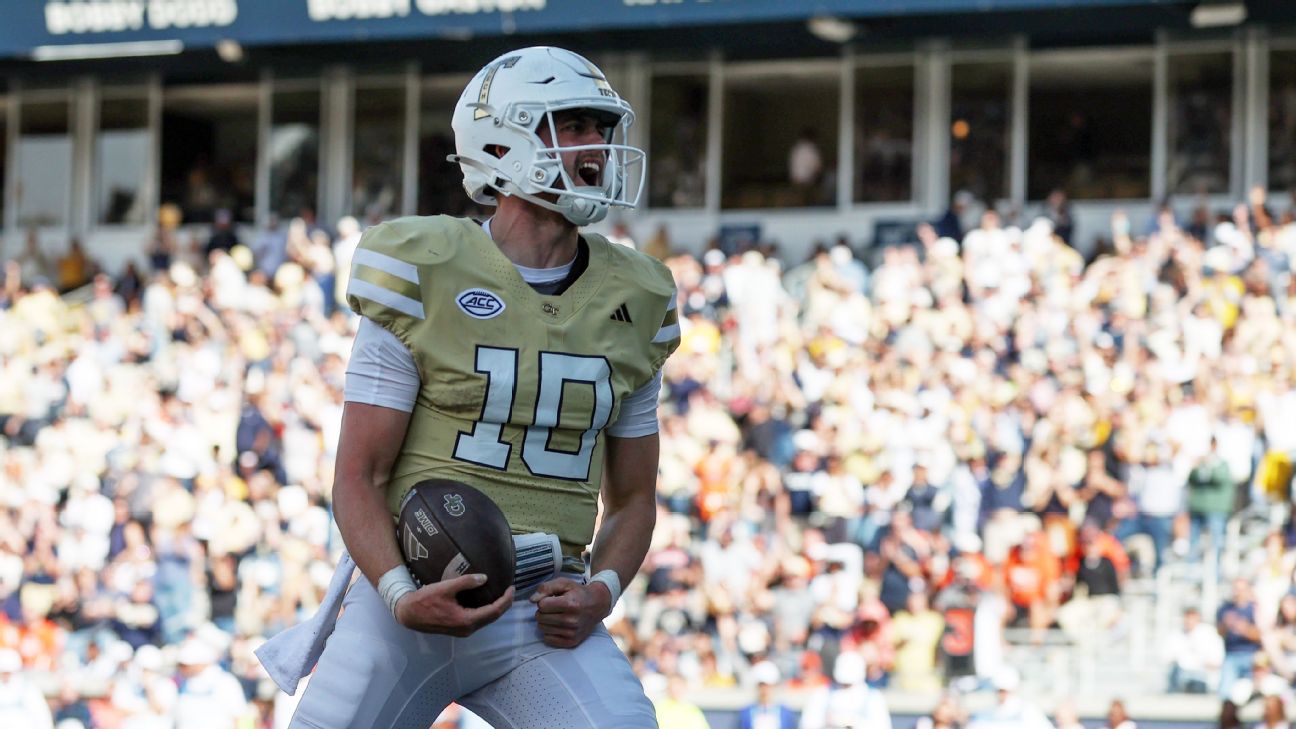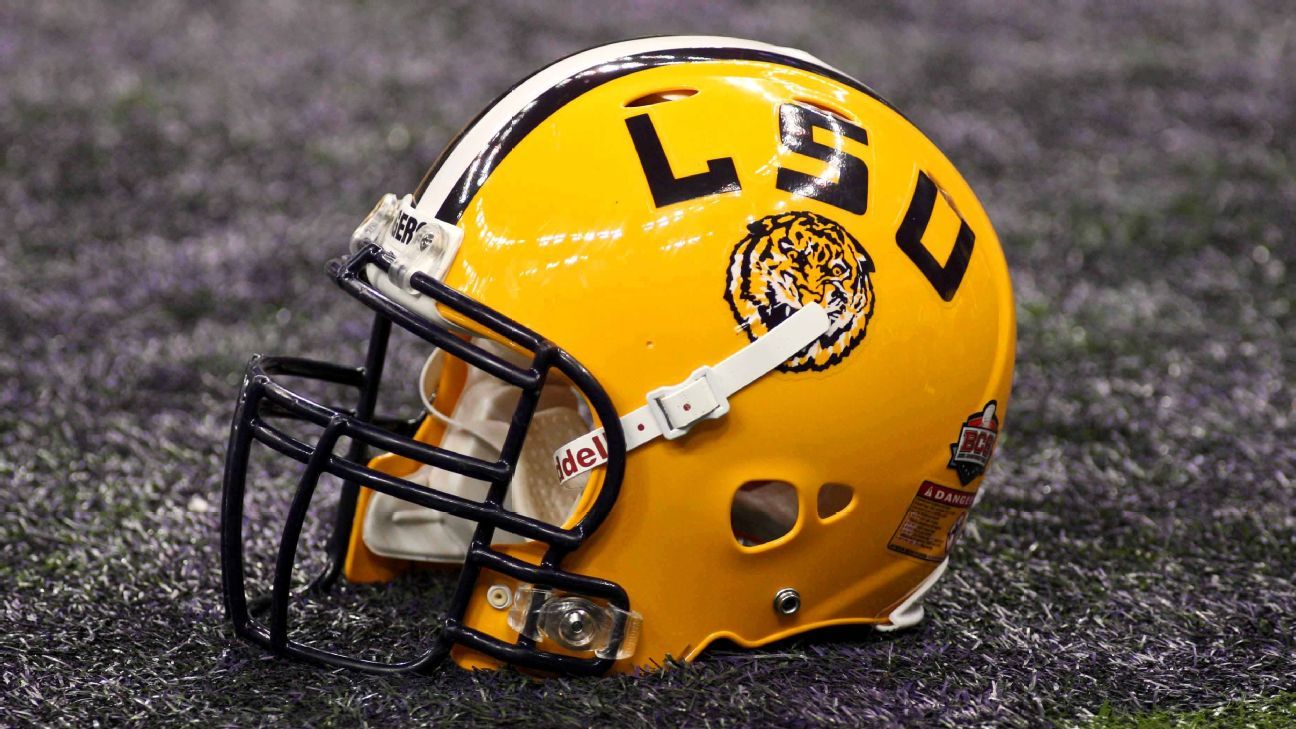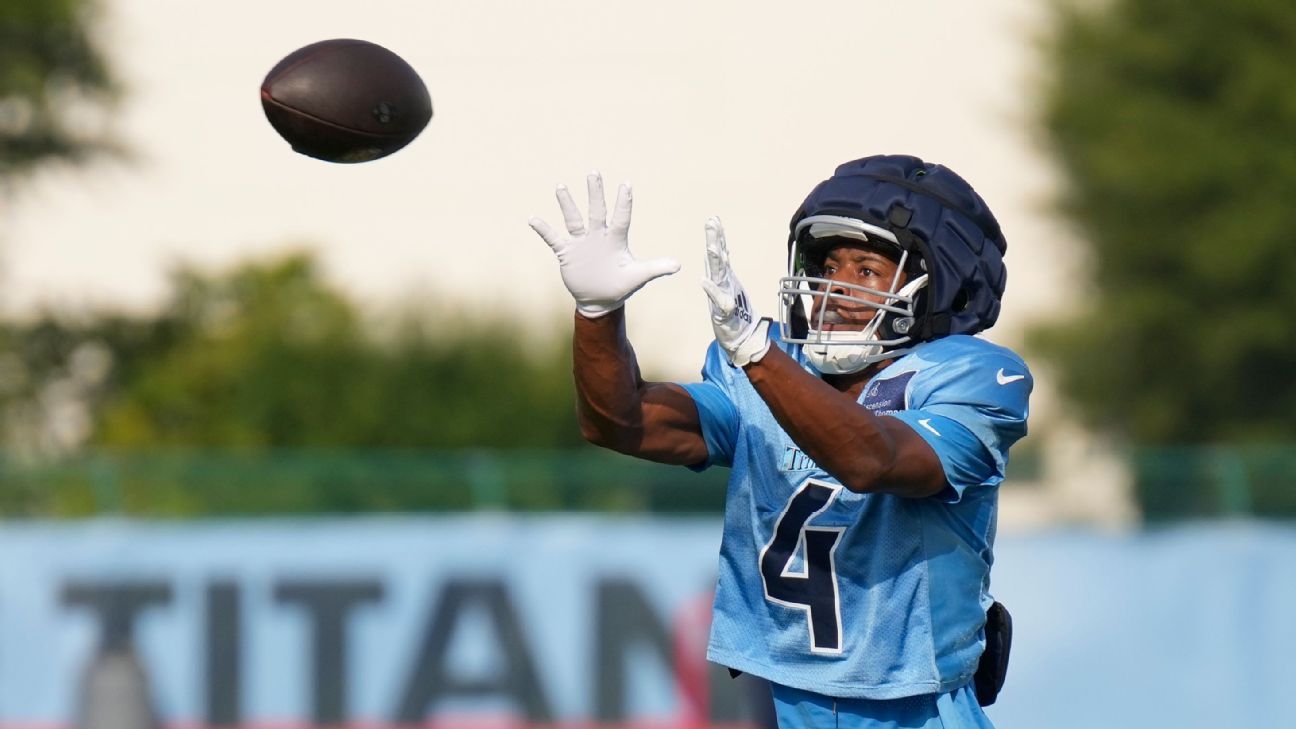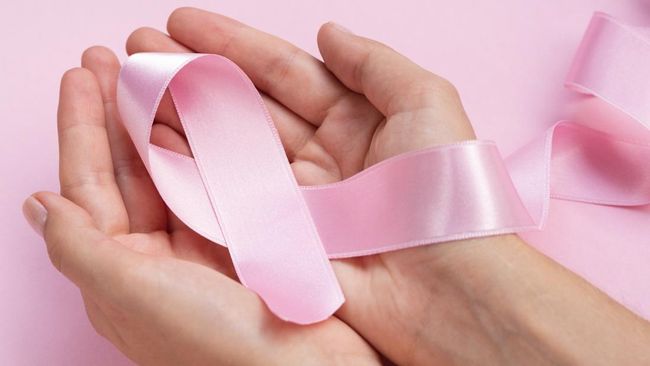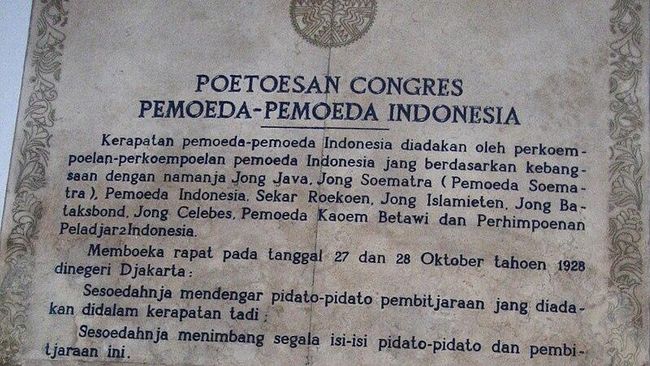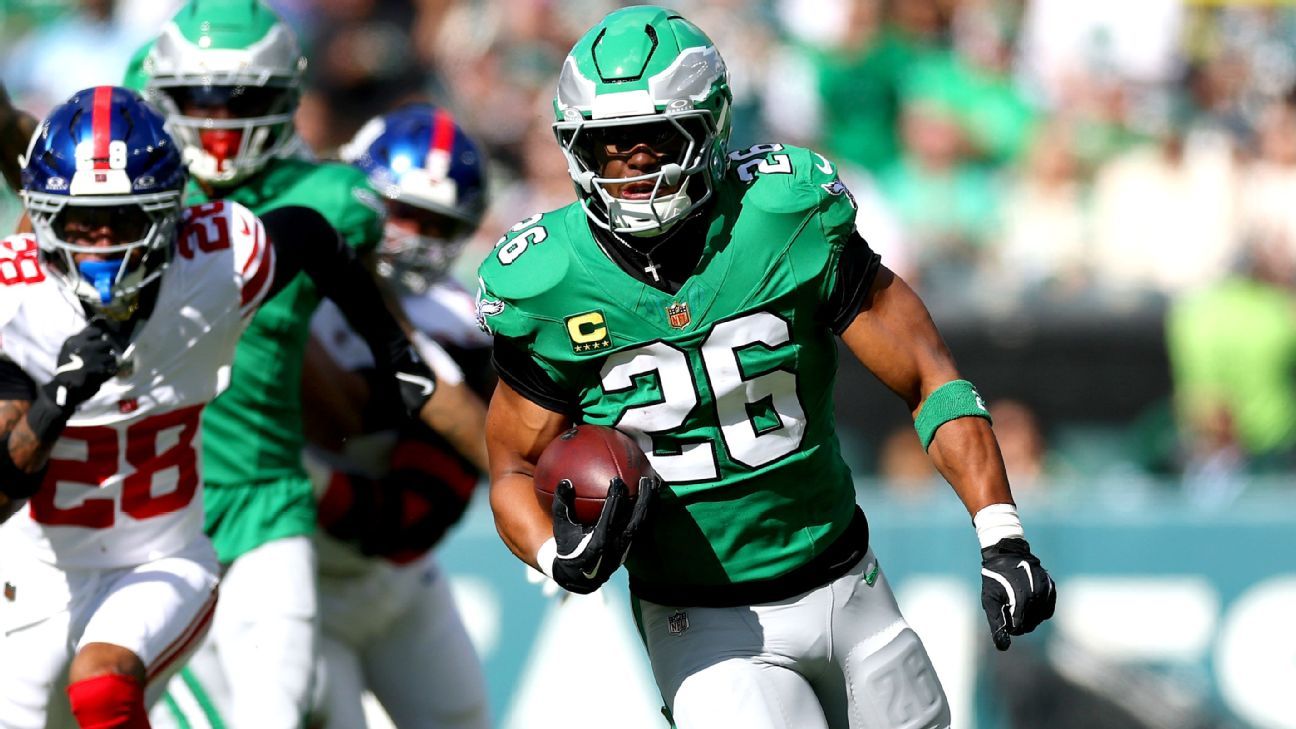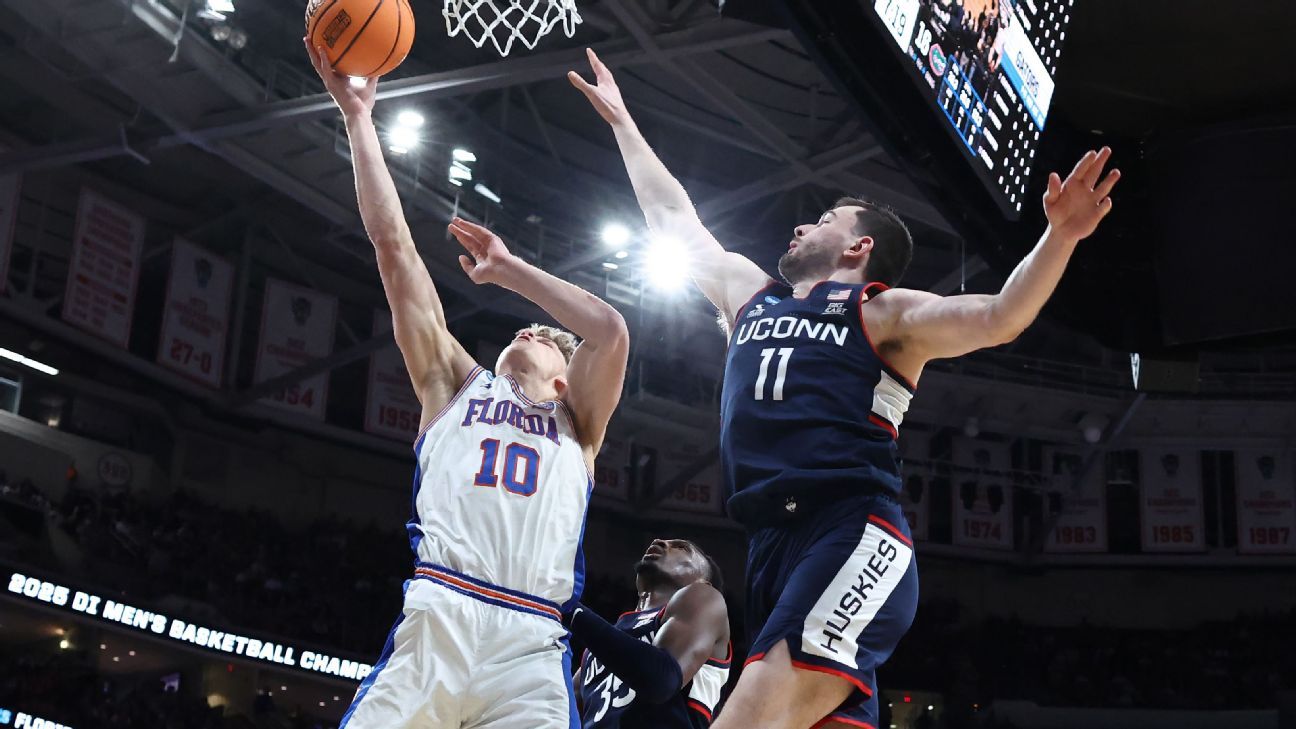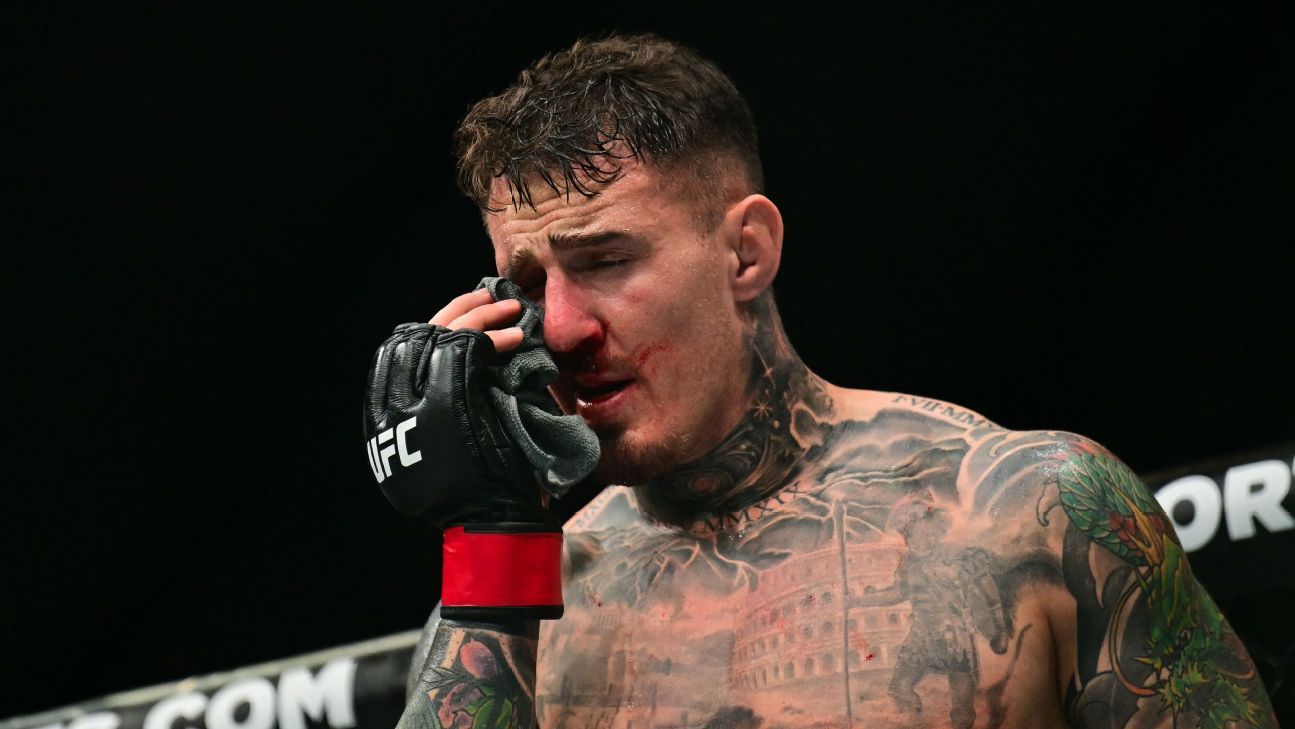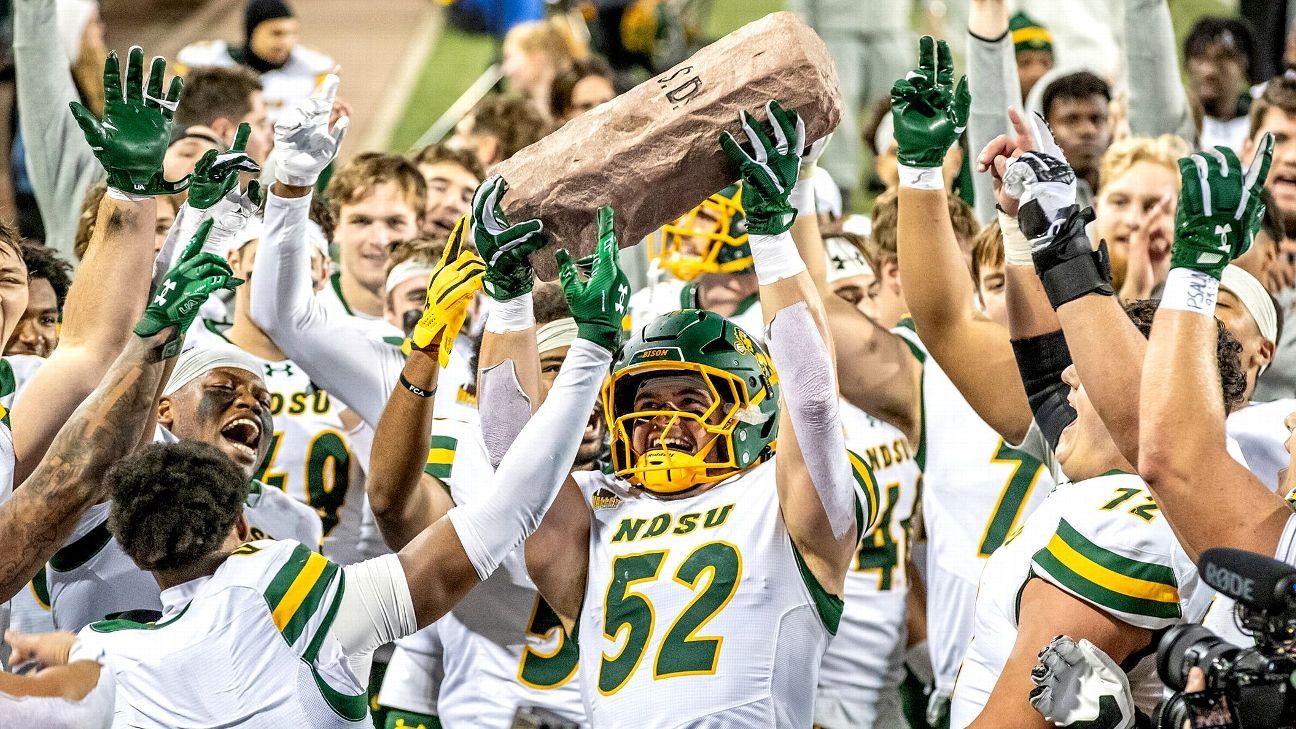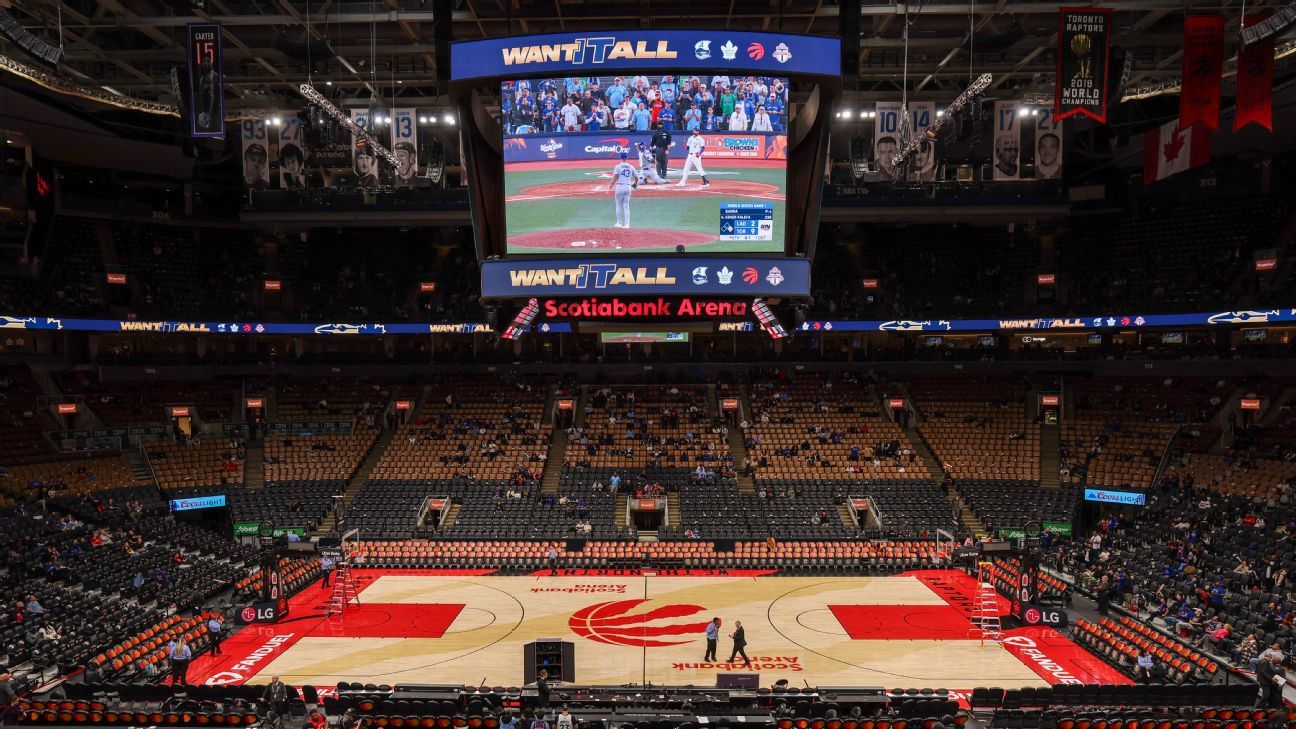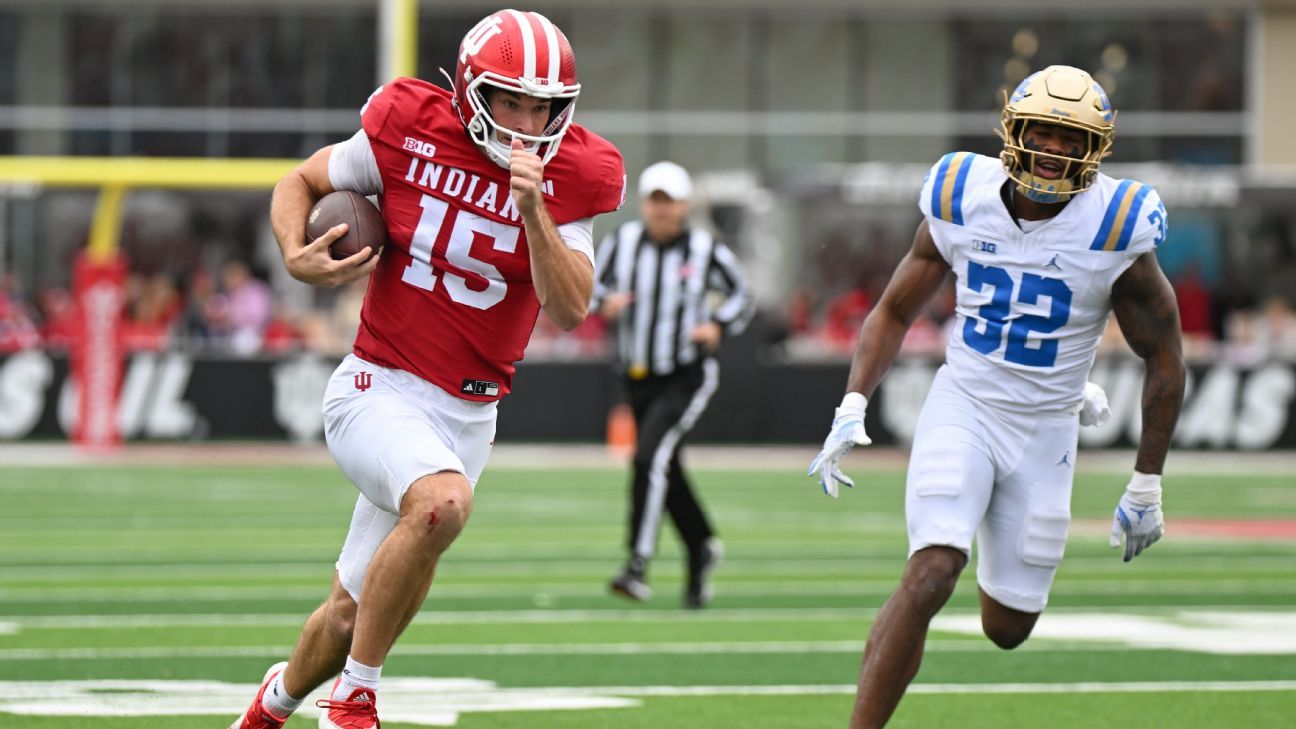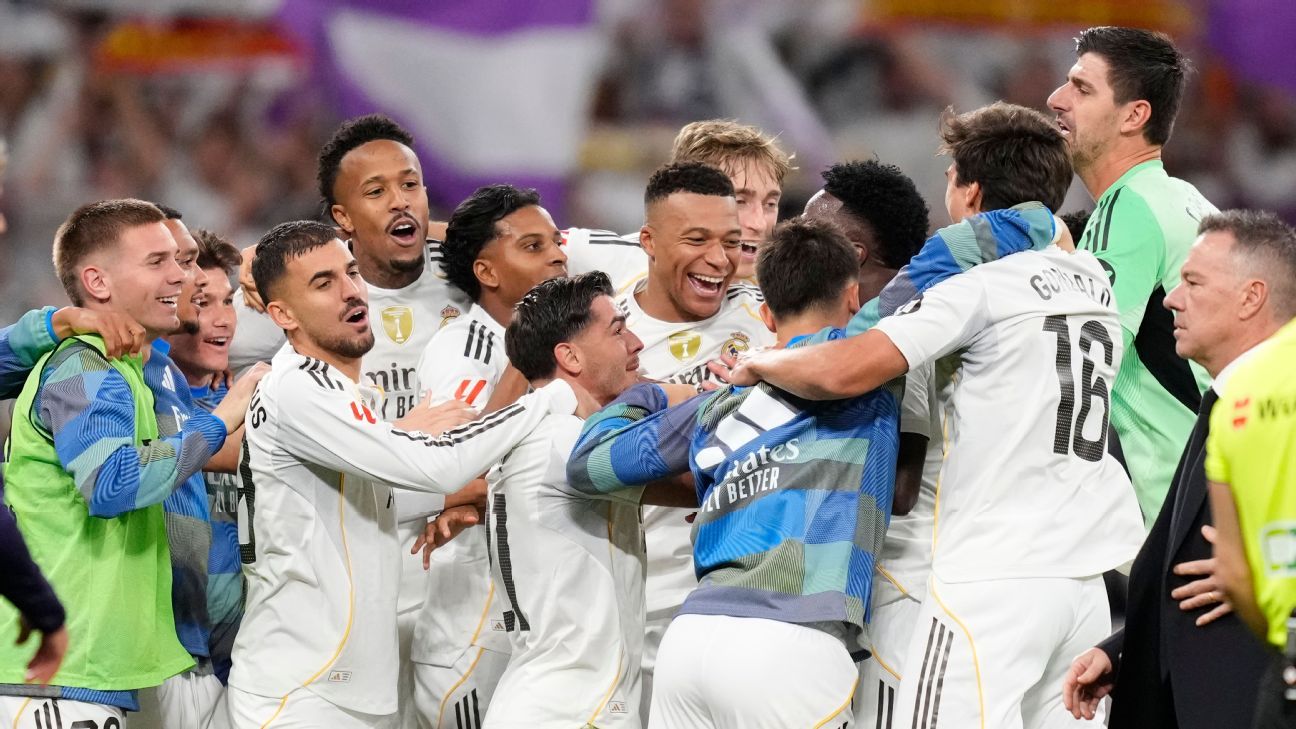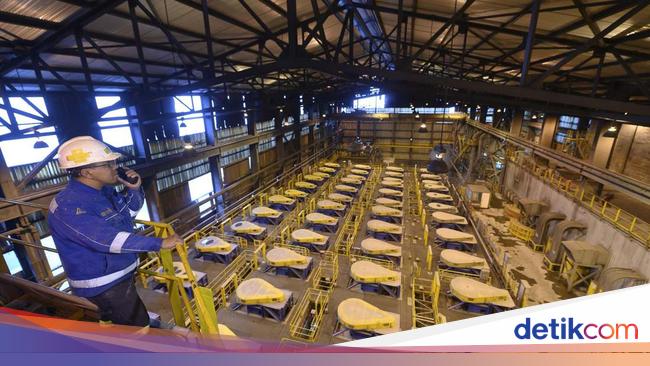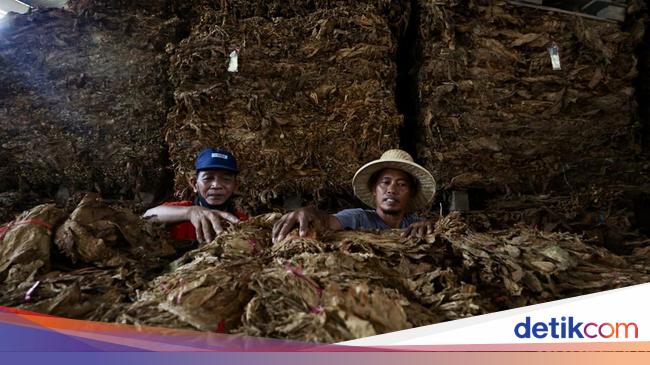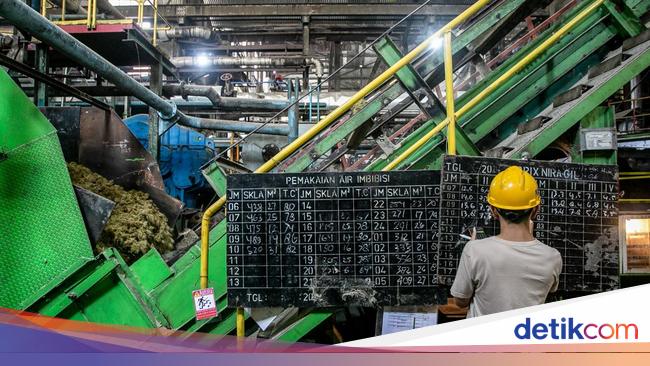ESPN
Oct 27, 2025, 07:00 AM ET
After two action-packed games at Rogers Centre in Toronto, the 2025 World Series shifts to Los Angeles' Dodger Stadium for Game 3 on Monday night.
Will coming home help the Dodgers take control or will the Blue Jays regain the Series lead on the road? What has impressed us most so far, and what must each team do to take control of the series from here?
Our MLB experts break down what we've seen so far and what it means for the rest of this Fall Classic.
Who is the two-game MVP of this World Series -- and will he win the award when all is said and done?
Jorge Castillo: Addison Barger's grand slam in Game 1 will be remembered in Canada for a very long time, but what Yoshinobu Yamamoto accomplished in Game 2 might have saved the Dodgers' title hopes. The right-hander was utterly dominant again, becoming the first pitcher since Curt Schilling in 2001 to toss consecutive complete games in the postseason. The Dodgers must avoid overexposing their bullpen. Yamamoto ensured that happened in Game 2.
Jeff Passan: Yamamoto is the early favorite and has the inside track, though that depends on how deep the series goes. At earliest, Yamamoto would start Game 6 -- and that would come on five days' rest, which he last had going into his first complete game against Milwaukee in the National League Championship Series. Don't sleep on Will Smith, though. A go-ahead homer in Game 2. Great at-bats. No strikeouts in the first two games. On the Blue Jays' side, Alejandro Kirk's stalwart Game 1 and tremendous defense give him a solid foundation on which he can build.
Alden Gonzalez: I'll go with Smith, who guided Yamamoto through his Game 2 masterpiece and, along with Kirk, has been the best offensive performer through these first two games. Smith's impact is especially notable given (1) the hairline fracture he was still recovering from entering these playoffs and (2) how clearly worn down he was by this point last year. The Dodgers promoted rookie Dalton Rushing earlier than expected this season in an effort to keep Smith fresh down the stretch. A late-season hand injury could have derailed those plans, but Smith seems to be at his best at the moment -- a crucial development for a Dodgers offense that has struggled as a whole since the wild-card round.
What surprised you most during the first two games in Toronto, and should we expect it to continue in Los Angeles?
Castillo: The Blue Jays' bullpen -- widely regarded as a significant weakness -- continuing to log quality innings. Toronto's relief corps allowed four runs over 7⅓ innings over the first two games. Two of those runs came after the Blue Jays built an 11-2 lead in Game 1, on a home run from Shohei Ohtani. They weren't lights-out performances, but they were encouraging as Toronto looks to piece together three more wins.
Passan: The mediocrity at the top of Los Angeles' lineup. Ohtani, Mookie Betts and Freddie Freeman are a combined 4-for-21 with four runs and two RBIs -- both of which came from a garbage-time Ohtani homer in the Game 1 blowout. It hasn't been a particularly great postseason for any of the Dodgers' stars. Ohtani's six home runs are excellent, of course, but he's 5-for-43 with 19 strikeouts in his other at-bats. Betts is homerless and has scored only three runs in 12 games. Last year, Freeman entered the World Series with one RBI -- and then drove in 12 against New York. This year, Freeman entered the World Series with one RBI -- and didn't knock in a run in either game against Toronto.
Gonzalez: The handling of Bo Bichette -- that he started Game 1 at second base, a position he'd never played in the major leagues, and, to a lesser extent, that he wasn't in the lineup for Game 2. Bichette has spent these past seven weeks recovering from a left knee sprain, and though he's clearly not yet fully healed, he has proven to be viable nonetheless, even entering in the late stages of Game 2. The Blue Jays clearly wanted Bichette in the lineup for Game 1 against a lefty in Blake Snell. And though the rest of the Dodgers' rotation is right-handed, Bichette is clearly going to factor into this series. Blue Jays manager John Schneider said he'll be in the lineup against Tyler Glasnow in Game 3, which follows a day off.
What do you expect from starting pitchers Max Scherzer and Tyler Glasnow in Game 3?
Castillo: Glasnow will continue his postseason success at home, while Scherzer will have a more difficult time in his return to Los Angeles four years after pitching in the postseason for the Dodgers. Glasnow has held opponents to one run over 11⅔ innings in his two playoff starts -- both at Dodger Stadium. In August, he limited Toronto to two runs on four hits across 5⅔ innings in Los Angeles. On the other side, Scherzer delivered a crucial performance for the Blue Jays in Game 4 of the American League Championship Series in Seattle with his team trailing 2-1 in the series. The Dodgers' offense has mostly struggled in the playoffs, but it's only a matter of time before it erupts. It'll be a stiff test for Scherzer.
Passan: Among MLB pitchers with at least 90 innings this year, Glasnow had the fifth-most-valuable curveball on a per-pitch basis. And considering the Dodgers leaned heavily on the curve in the first two games, Glasnow spinning it early and often could be a big part of the game plan. Scherzer, likewise, found success with his curve in his last start 11 days ago, though his fastball -- which sat at 94 mph and topped out at a season-high 96.5 -- proved an effective offering as well. Most important for Scherzer is keeping the ball in the stadium. He allowed 19 home runs in 85 innings, the second-highest rate among the 158 pitchers who threw at least 80 innings this season.
Gonzalez: If Glasnow's mechanics are properly synced up -- and that's often a question for someone who's 6-foot-8 with a lot of moving parts -- I expect this to be the most lopsided pitching matchup of this series. Scherzer is a first-ballot Hall of Famer, up there with Justin Verlander and Clayton Kershaw among the defining pitchers of this era. And if Scherzer's ALCS performance showed anything, it's that, even at 41 years old, he should never be counted out. But the Dodgers know him well, having seen him as recently as two months ago, and this version of Scherzer is the type of pitcher their slumping offense can come alive against -- especially at home.
What must the Dodgers do to take control of this series on their home field?
Castillo: They need their starters to continue pitching deep into games. The Blue Jays exposed the Dodgers' biggest weakness -- the bullpen -- in Game 1, and Yamamoto didn't let that happen again. Complete games aren't required, but completing at least six innings greatly increases the Dodgers' chances of winning.
Passan: Do what no team has managed to this postseason: strike out Blue Jays hitters. The Dodgers have done so at a slightly higher rate than Toronto's previous opponents, but the Jays have taken a number of excellent at-bats already in the series' first two games, and the key for Glasnow will be to avoid two-strike nibbling and go right for the punchout. Los Angeles' bullpen is not exactly filled with high-strikeout options -- their 6.75 strikeouts per nine are 10th of the 12 playoff teams -- so the onus will be on Glasnow, Ohtani and, presumably, Snell to generate swing-and-miss over the next three games at Dodger Stadium.
Gonzalez: Get their offense going. The Dodgers are slashing .216/.307/.359 since the wild-card round, averaging a mere 3.7 runs per game (it was 5.1 during the regular season). Their starting pitchers have masked a lot of the offense's deficiencies of late, and it's tough to count on that continuing against a Blue Jays offense this explosive. Los Angeles' three best hitters, in particular, need to get going. Ohtani has hit four home runs over these past three rounds, three of which came in the pennant clincher, but he has otherwise been unproductive offensively. Betts and Freeman, meanwhile, have combined to slash just .197/.307/.329 since the wild-card round.
What must the Blue Jays do to regain the series lead on the road?
Castillo: Recreate what happened in Game 1, when they forced Blake Snell to throw 29 pitches in the first inning and didn't relent. Snell exited with the bases loaded and no outs in the sixth after 100 pitches. From there, the Blue Jays pounded Los Angeles' Emmet Sheehan and Anthony Banda in a historic nine-run inning. They were the best in baseball at making contact and avoiding strikeouts. Grinding Dodgers starters down is their path to victory.
Passan: Keep playing clean ball. The Blue Jays last committed an error in Game 2 of the ALCS, 67 innings ago, and in order to beat a team as talented as the Dodgers, you need to treat every out as the precious commodity it is. Toronto got here with a potent offense, elite bat-to-ball skills and exceptional glovework. And even if scoring runs is the most important element to its success, continuing to turn batted balls into outs will assist in its efforts to avoid the fate of the Yankees in the last World Series.
Gonzalez: When the Dodgers cruised past Milwaukee in the NLCS, their four starting pitchers and two best relievers, Roki Sasaki and Alex Vesia, accounted for all but nine of their outs. Their formula is obvious, and not having Vesia for the World Series constitutes a major obstacle. The Blue Jays, as Jorge said, need to run up the Los Angeles starters' pitch counts. And so Toronto's goal is simple: force a reliever not named Sasaki to take down at least two innings in each of these next three games. If that happens, Toronto should be in good shape.

 3 hours ago
1
3 hours ago
1
